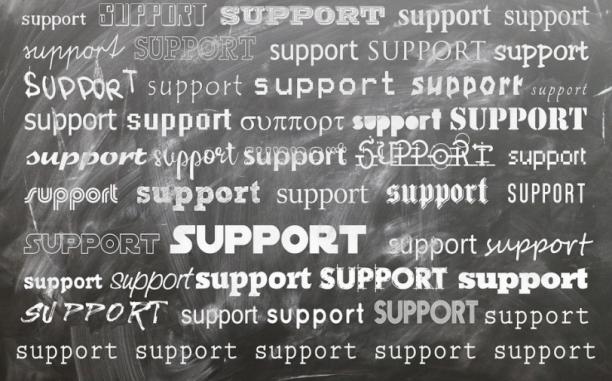 Providing care for a family member in need is an act of kindness, love, and loyalty. And as life expectancies increase, medical treatments advance, and increasing numbers of people live with chronic illness and disabilities, more and more of us will participate in the caregiving process.
Providing care for a family member in need is an act of kindness, love, and loyalty. And as life expectancies increase, medical treatments advance, and increasing numbers of people live with chronic illness and disabilities, more and more of us will participate in the caregiving process.
Regardless of your particular circumstances, you’re facing a challenging new role.
Learn as much as you can about your family member’s illness or disability and about how to be a caregiver. The more you know, the less anxiety you’ll feel about your new role and the more effective you’ll be.
Seek out other caregivers. It helps to know you’re not alone. It’s comforting to give and receive support from others who understand what you’re going through.
Trust your instincts. Remember, you know your family member best. Don’t ignore what doctors and specialists tell you, but listen to your gut, too.
Encourage your loved one’s independence. Caregiving does not mean doing everything for your loved one. Be open to technologies and strategies that allow your family member to be as independent as possible.
Know your limits. Be realistic about how much of your time and yourself you can give. Set clear limits, and communicate those limits to doctors, family members, and other people involved.
Caregiving can trigger a host of difficult emotions, including anger, fear, resentment, guilt, helplessness, and grief. It’s important to acknowledge and accept what you’re feeling, both good and bad. Don’t beat yourself up over your doubts and misgivings.





Leave a Reply